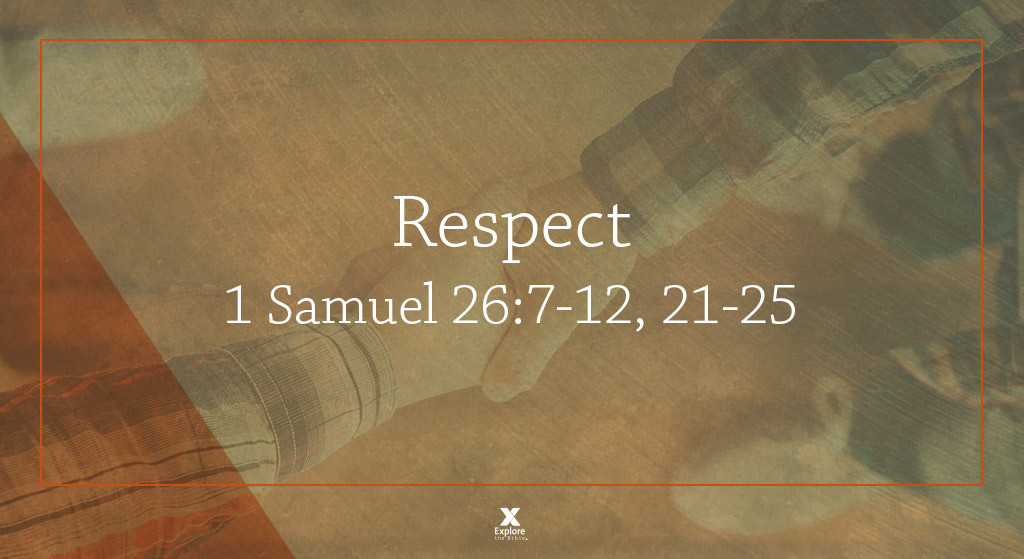Note: Use to foster discussion of the questions found on page 126 of the adult Explore the Bible Personal Study Guide.
Not all open doors should be entered. David encountered such a door as he came across Saul asleep. Abishai interpreted it as God handing Saul into David’s hands. David saw it as an opportunity to demonstrate trust in God. So how do we know if the door should be entered? How do we know if the opportunity is really from God and in His will? Here are some actions to take to determine if the door should be entered.
Invest in your relationship with God. All else is obsolete. Knowing God’s will is another way of saying knowing the mind and heart of God. The only way that happens is by spending time with Him. We shouldn’t expect God to tell us His deepest thoughts when we are distant. These deepest thoughts are usually told as a whisper which requires us to be close to hear.
Know God’s Word. God made His principles known to us through His Word. We must take time to read it to know what the Bible says. We must keep on reading it, studying it, and reflecting on it. God’s will for us today is consistent with God’s will throughout history. His principles do not change.
Evaluate the options. God gave us the ability to think and to critically evaluate our thoughts. Define the decision. Make a list of all options, even the options you know would be ill-advised. Identify the pros and cons of each option. This will help you know the risks involved with each option and will give you a potential course of action. A word of caution: God’s principles always override our evaluation.
Seek out friends. God places people in our lives who can and should influence us. Not all of them will influence us in the proper direction (Abishai being an example), but they at least give us an opportunity to process our thoughts and define our rationale for acting. One of the values of discussing a decision with a trusted friend is the perspective they bring to the table. A fresh or different perspective often moves us forward in the decision-making process.
Expect assurance. The Holy Spirit confirms God’s will in our lives. We don’t need all the answers to have peace about a decision. David was able to sleep after refusing to kill Saul, knowing he had done the right thing. David didn’t know exactly when he would become king or the specific circumstances that would usher in his reign, but he knew God could be trusted. In that trust, David found peace.
Stay the course. God’s path is not always the easiest. Paul talked about being beaten, left for dead, and shipwrecked (2 Cor. 11:23-29). Paul faced all these things and more, knowing the peace of being within God’s will. We often quit way too early to get to the end of the course God desires us to finish!
These actions usually happen in the order listed. God does not hide His will, nor does He dictate whether we should choose door number one or number two. He gives us pointers and road markers that move us forward on the path of life if we are attentive.
What other acrostics have you used to help you make a God-honoring decision? What process do you use to make a godly decision?
